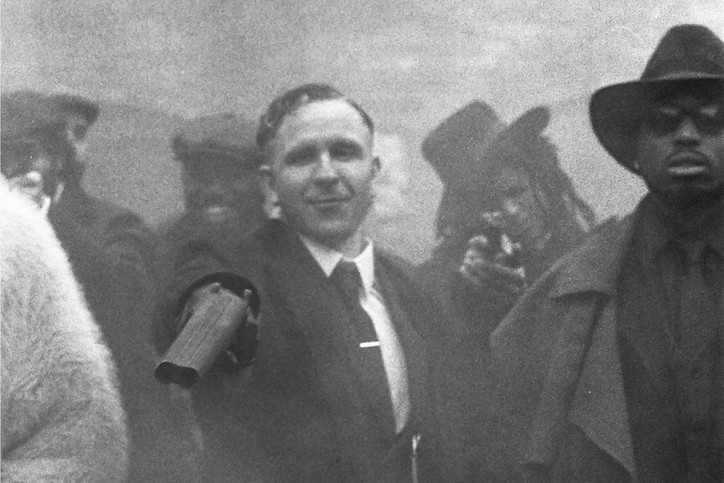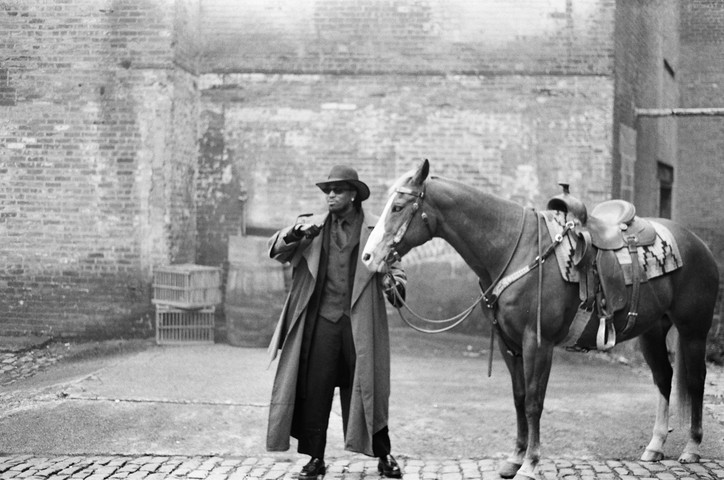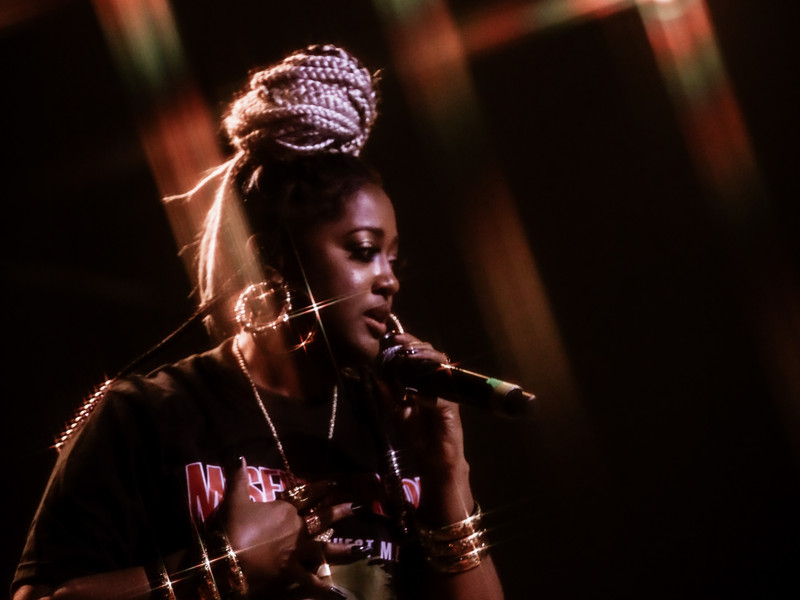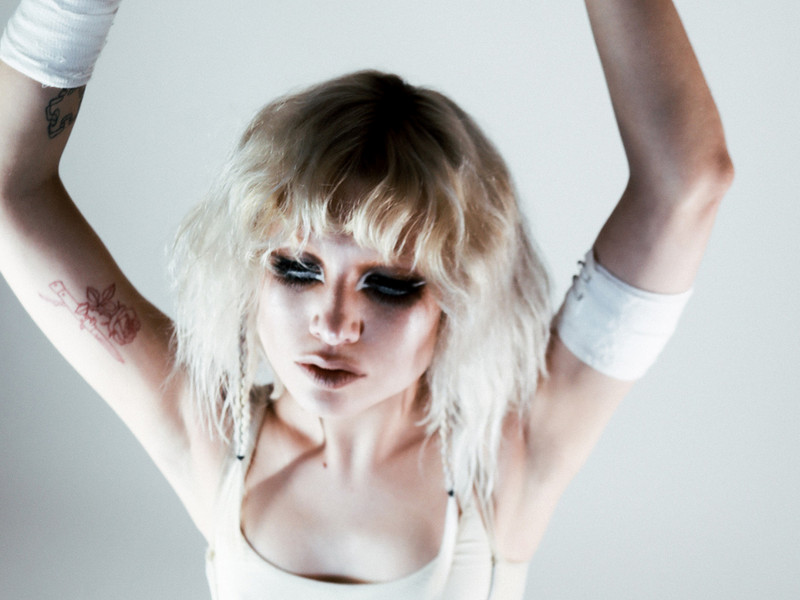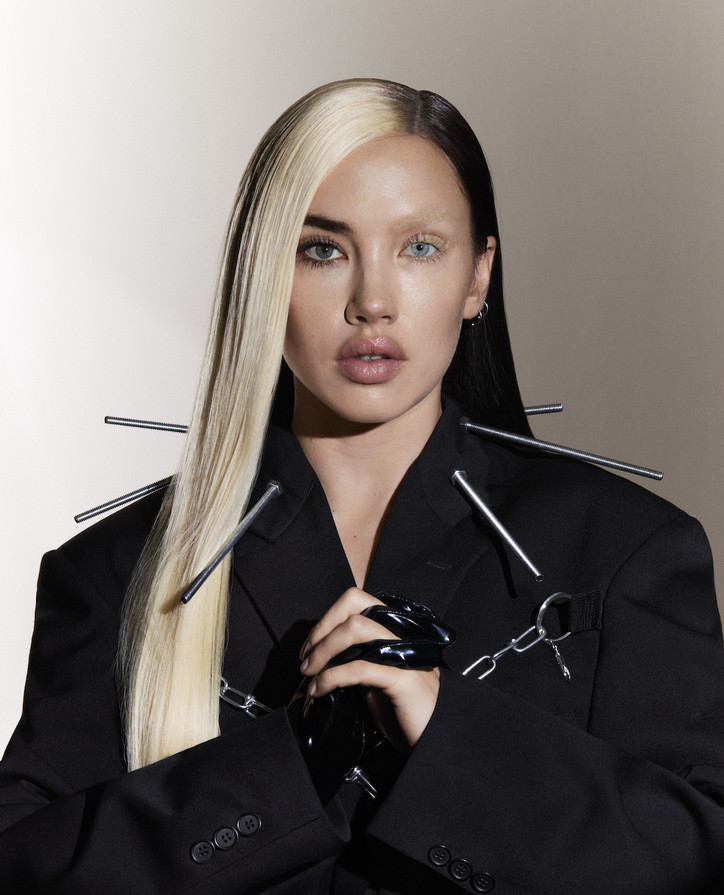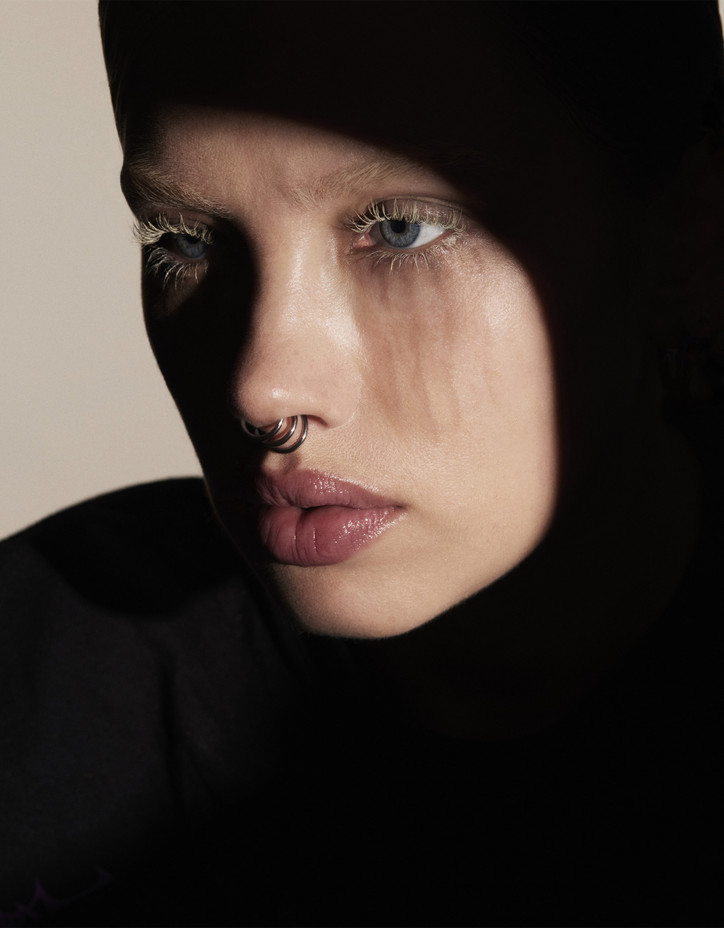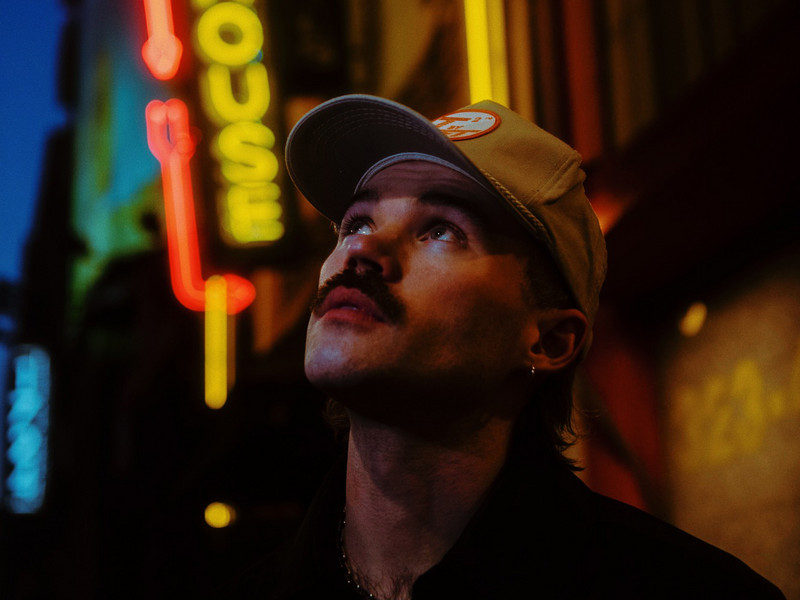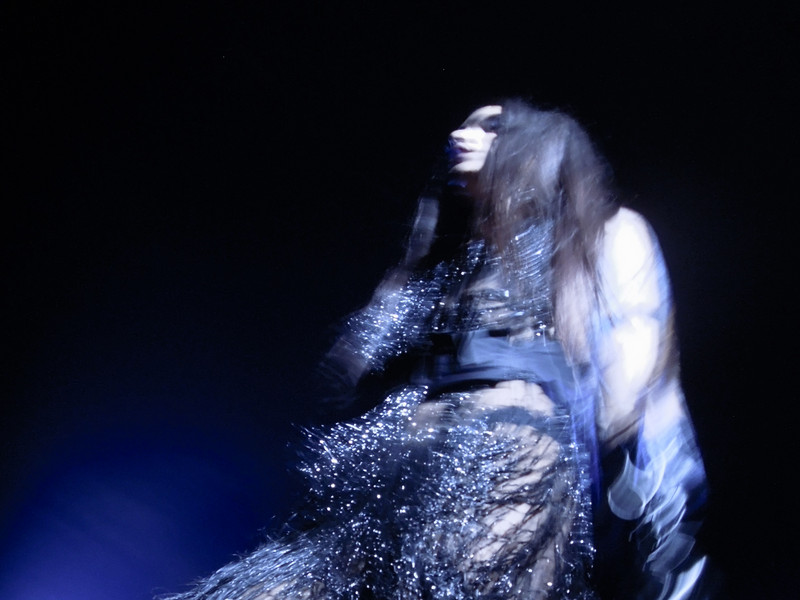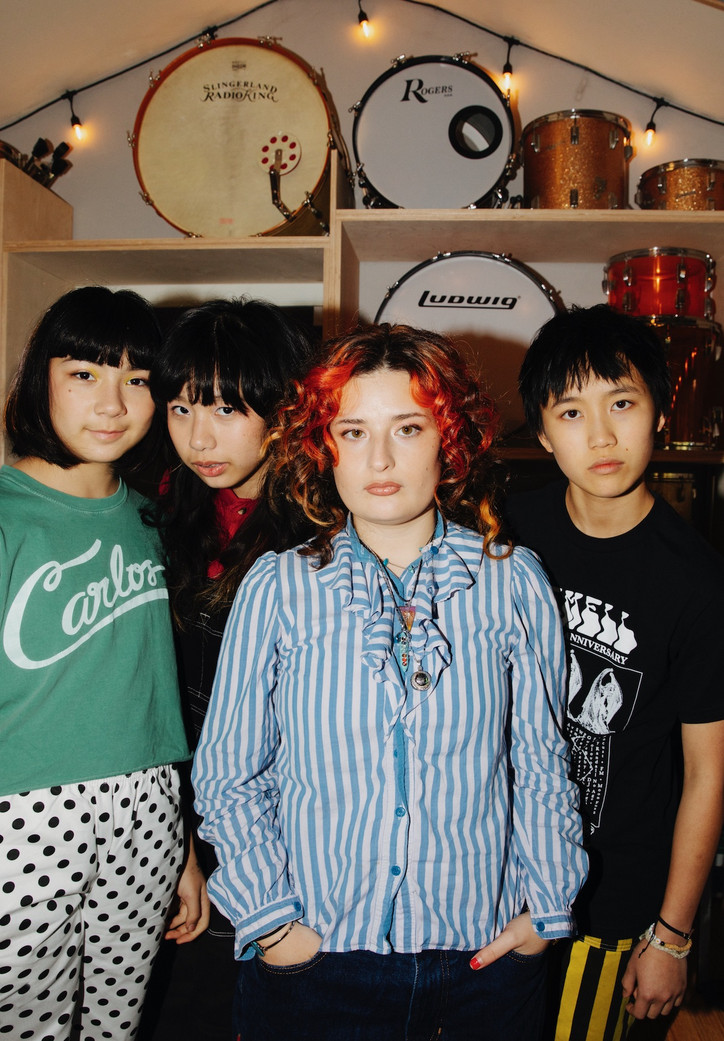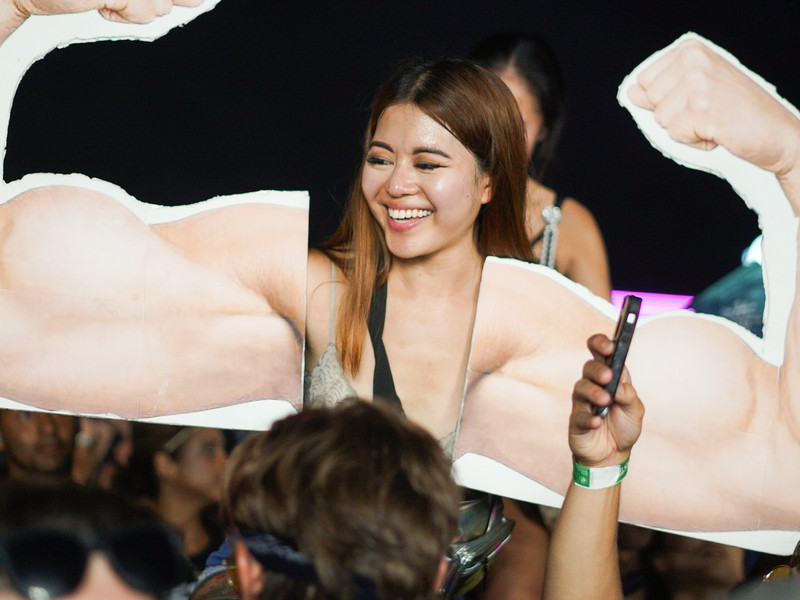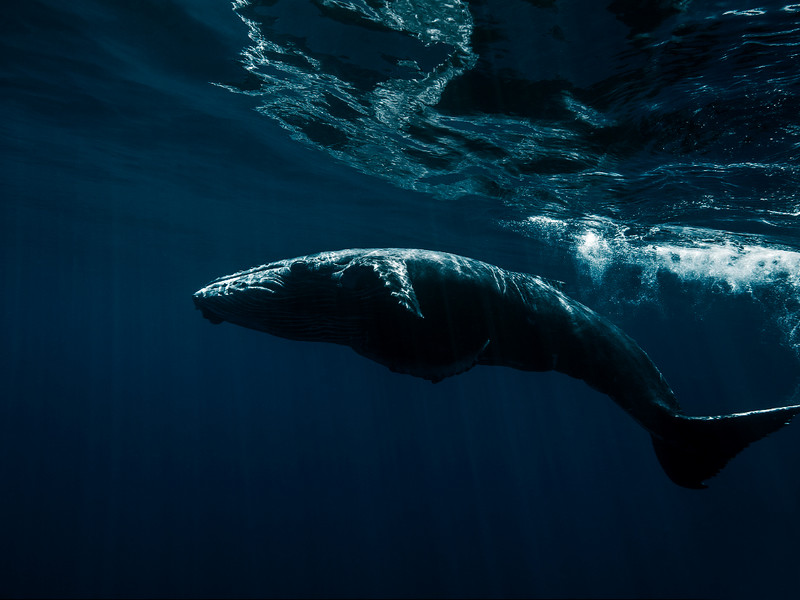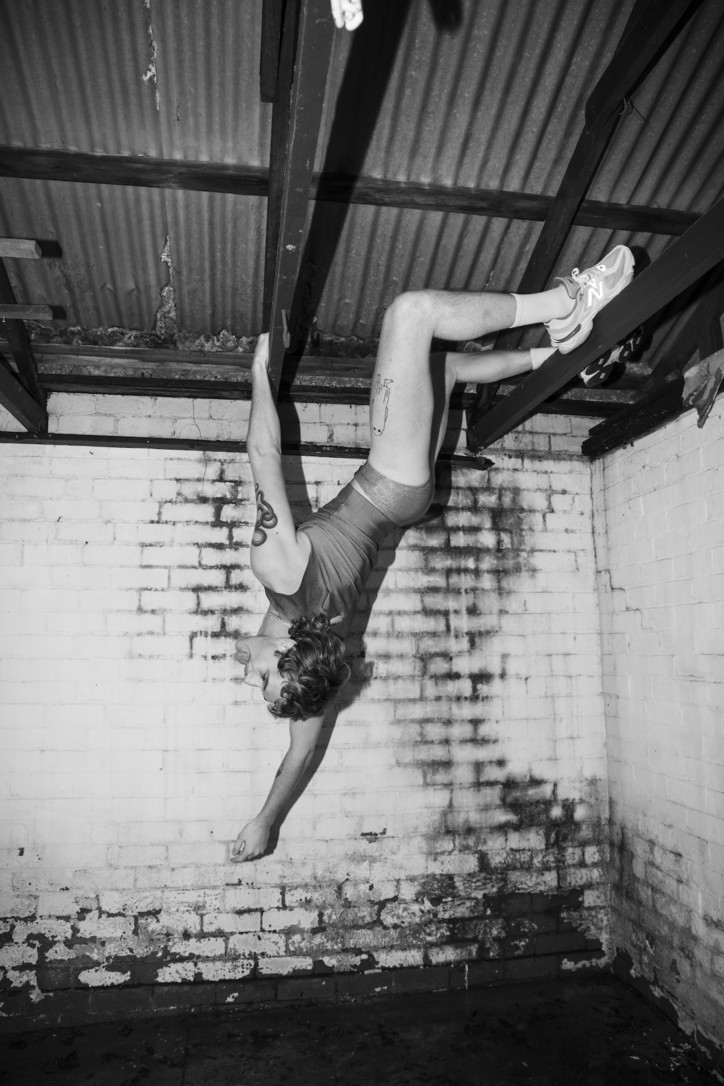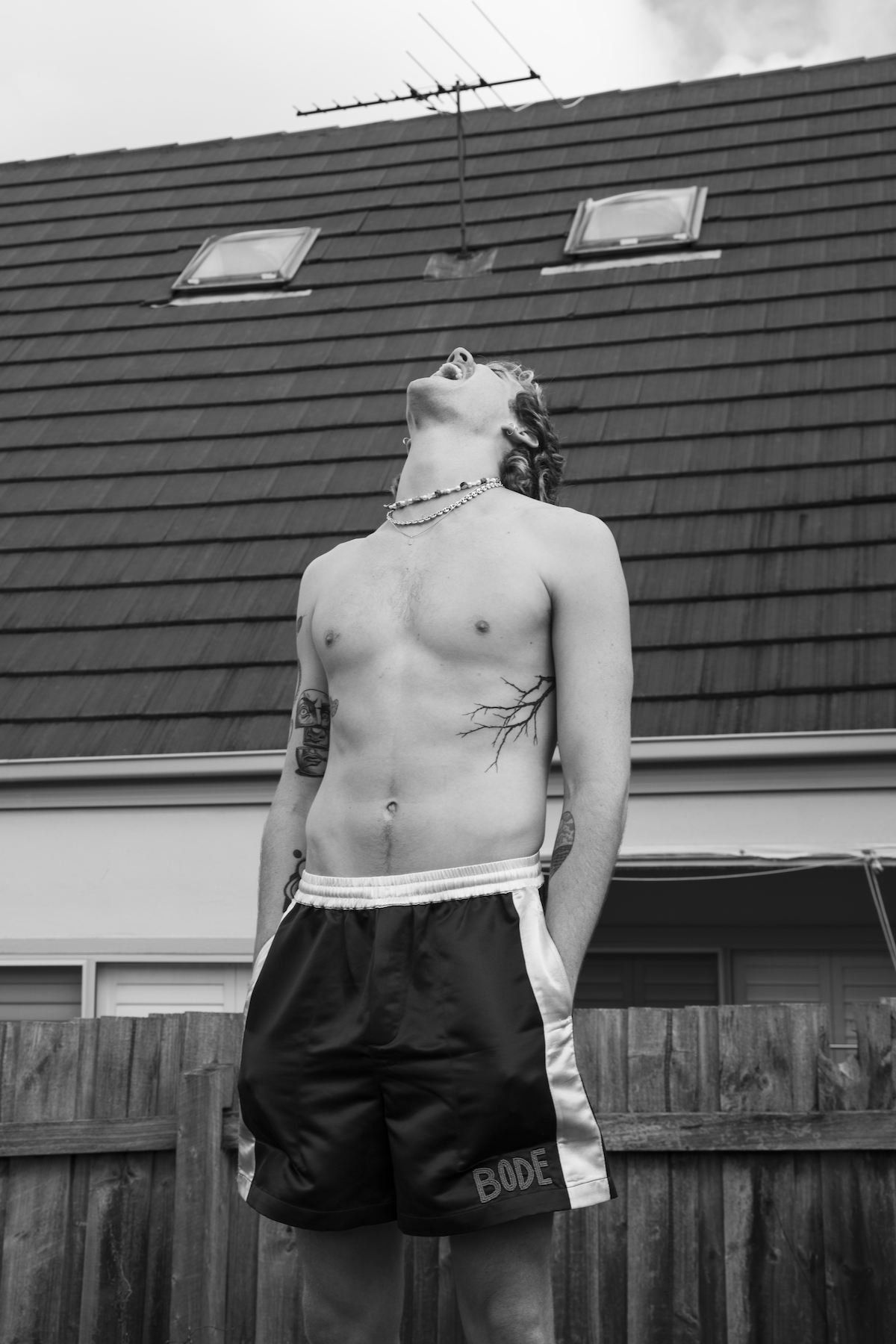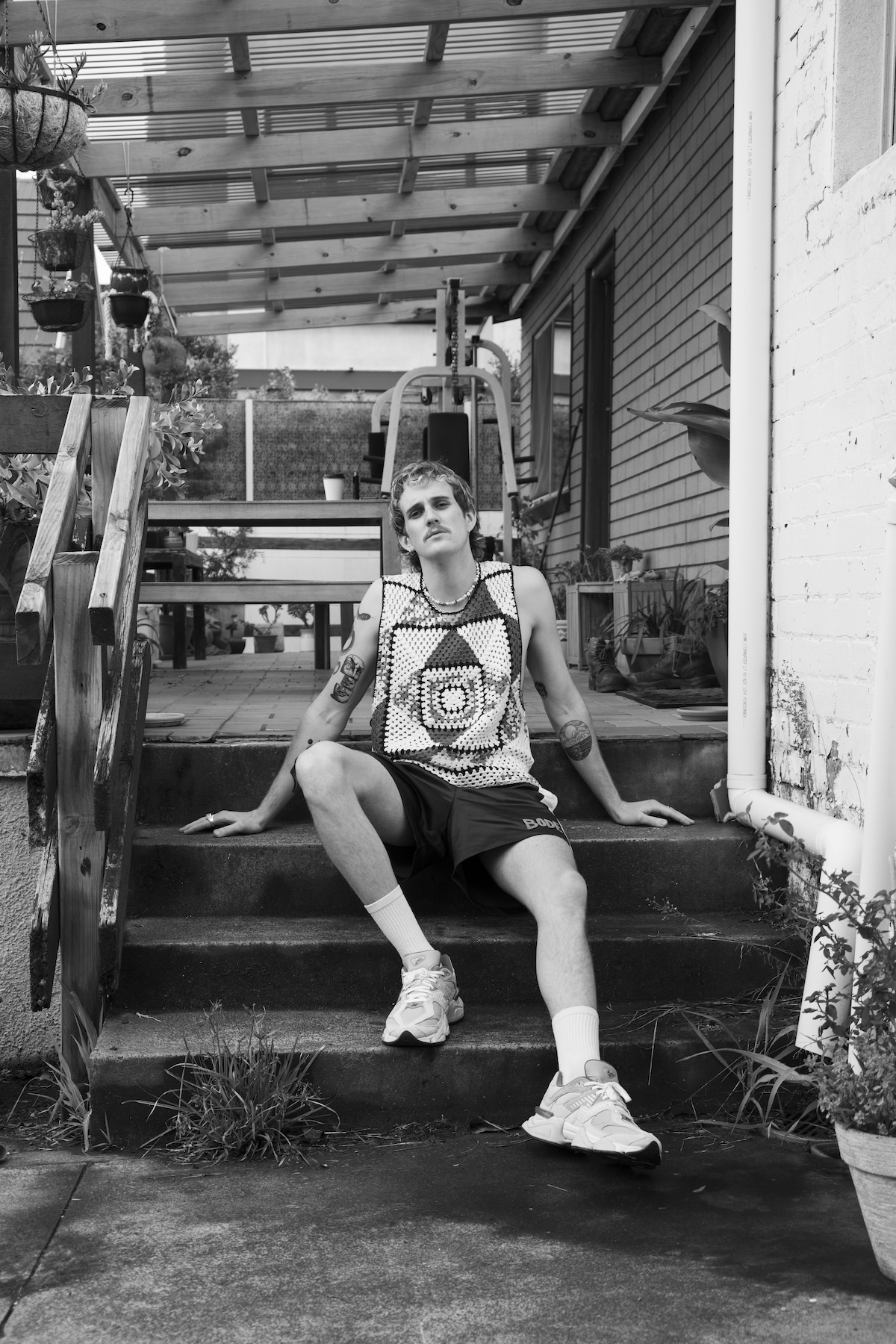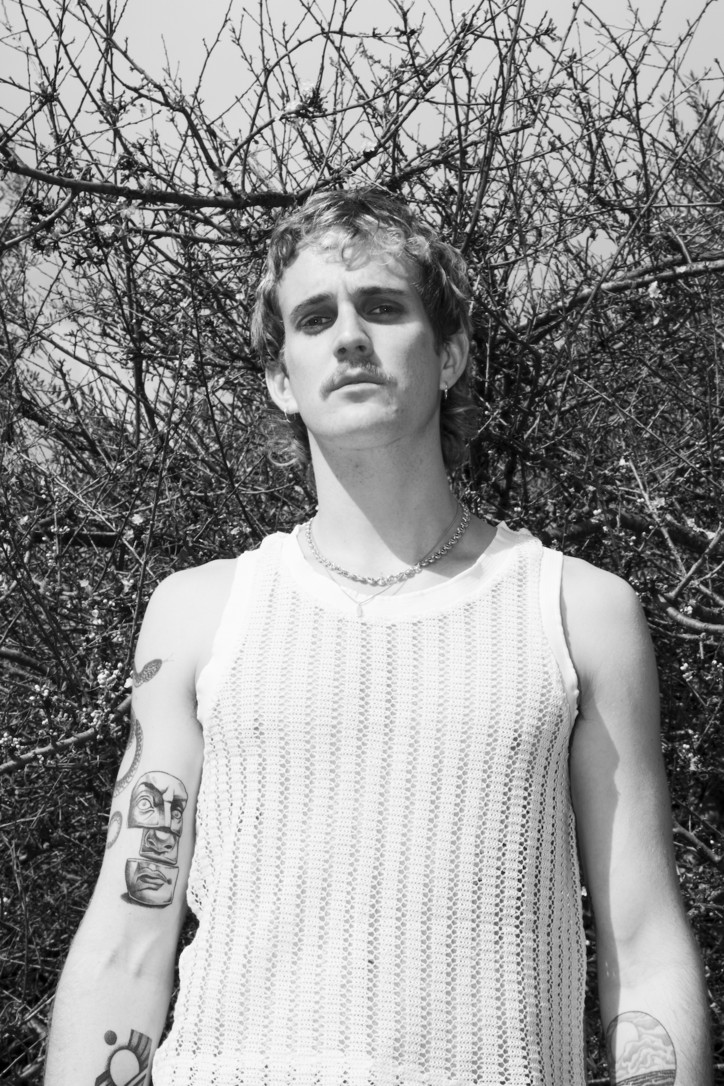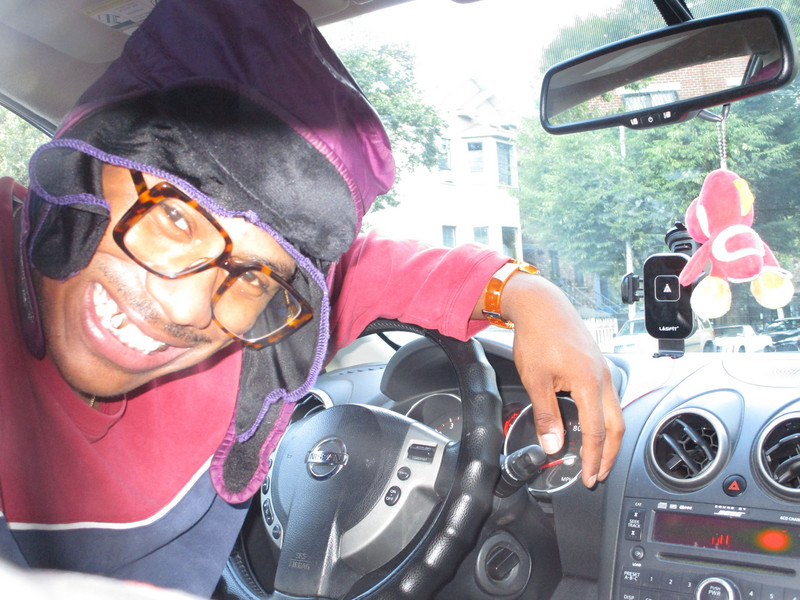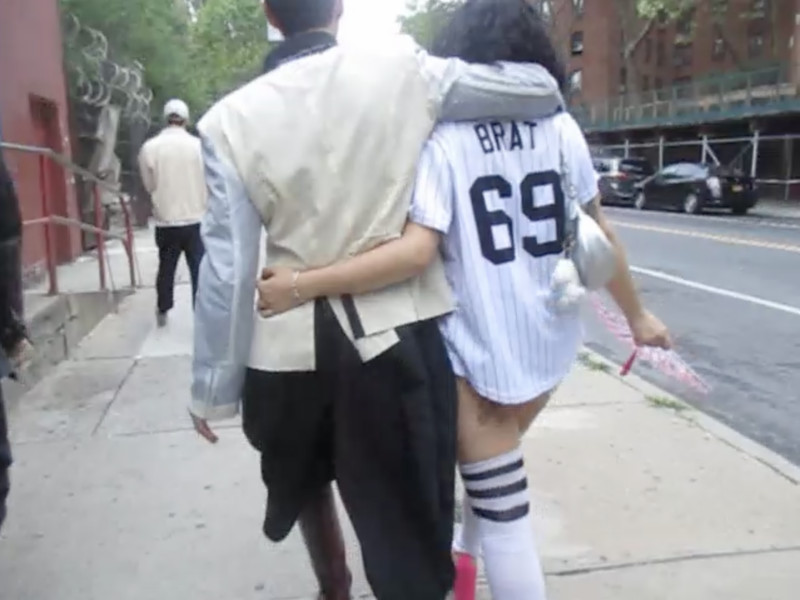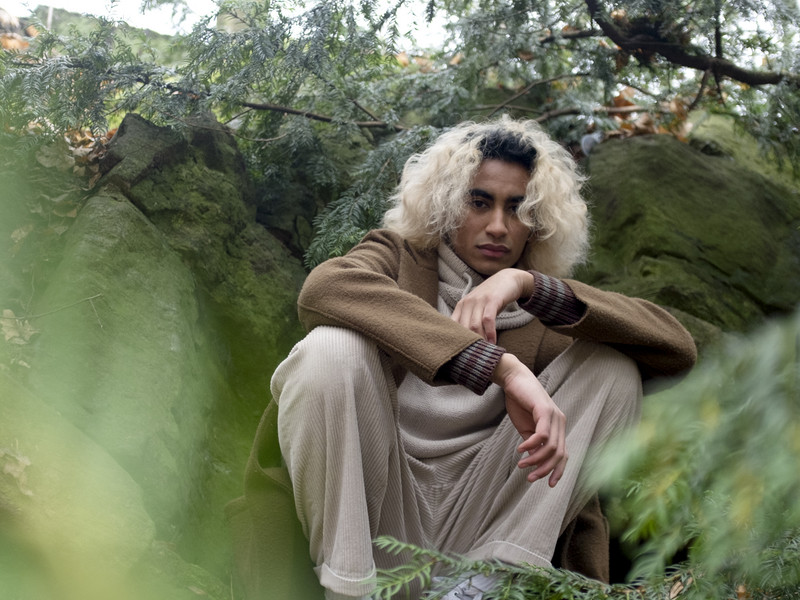Blackhaine— What was the process of making your new album like?
Isamaya Ffrench— I've always been very musical, and I play classical guitar and piano. Music is the main influence for all of my work. The album was written collaboratively three years ago now during lockdown, and it's hard to hold on to a piece of work for so long. I'm very much about doing a project, putting it out, and moving on. This has been one of the hardest things I've done because I've had to sit with it.
I've held onto my work a few times like you describe, and it always feels like a struggle. If I’ve written about a specific emotion or experience, and then I release it and have to maintain a certain level of detachment, I don't necessarily want to go back to it. Whereas I feel like you work very impulsively. It's about taking risks, which is a hard thing to learn.
Definitely. The music came intuitively. Everything I make has got to make sense as a story. I wouldn't say I like one style, but it has to be stylistically very thorough.
I completely get that. You build universes.
For me, it’s about universe building, and also about real human narratives. Because I used to do a lot of special effects and body horror – and I still always get asked about fantasy and gore, but neither of them interest me – I’m more interested in how to express cerebral concepts and psychology through my work. I used to be in an experimental theater company where I did a lot of dancing, and those were some of the best years of my life. Do you have a dance background?
I went to the Northern School of Contemporary Dance for a year and I got kicked out. I was just living my life. Dance is so abstracted naturally, and it's so physical, that I never really saw the point of it. I was more interested in how people move without it being super contrived and dressed up.
I know that a friend gave you a book on the Japanese art of butoh. What were your first impressions when you encountered it, and why did it move you so much?
I suppose it was because it was what I was doing already in my bedroom, just moving around – mad, weird stuff. Butoh wasn't exactly the same, but it was akin. It spoke the same language, and it just clicked. The history of it comes from such a dark place. There's the Ash Walk that they do, from after the nuclear bomb has gone off, and it's as if you're walking on the ash. When I found butoh, I could see that it is a dance in a sense, it's just not dressed up and put on stage.
It's an exploration of an identity, or a mental and a physical state.
That is what I found. I've still not arrived to an absolute identity with it, and I hope I don't. I was dancing last night, and I just spent 20 minutes banging my head against this wall in the hotel room. I heard that children do it in the womb, and I think that might be what I was trying to recreate last night.
Have you ever come across the Canadian choreographer Marie Chouinard? She’s one of the best I’ve ever encountered. I saw her show at Sadler's Wells in London years ago, and it was so shocking for me. The dancers physically personified people with serious mental health issues and physical disabilities. I initially felt very uncomfortable, but I gradually realized the incredible attention to detail that these dancers had. They had studied people with mental health issues and physical disabilities deeply, and were able to transform the experience into total awe. I think you bring that to the table as well. You shine a light on some very disturbing concepts and make them beautiful.
The biggest thing for me is that the work doesn't actually have to be beautiful or whatever. It can just be.
You've got a very strong aesthetic. There are definite threads through all of your work. I'm not interested in assuming one particular aesthetic, whereas I feel like you have a much stronger identity. Are you quite protective over the way you are perceived?
I wanted to build an aesthetic very early on because I didn't know what I wanted to say. I think it's essentially a subconscious aid. I've since realized that it's impossible to maintain. I just want to wear suits now, and Ann Demeulemeester. That's what I love. I want to dress like an office worker. I've always seen costumes as an extension or an abstraction.
I was reading this book recently, called Football Delirium. The psychoanalyst argues that football offers us manageable doses of self-elected madness that are actually essential for a sane life, the paradox being that madness is simultaneously therapeutic. Do you feel like there's an element of that when you’re banging your head against the wall in your work?
Without a doubt. You need the mania, because otherwise, it's just recreation, isn't it?
I've been reading about people who speak in Tongues, who describe God speaking through them. Apparently the thinking part of the brain, which deals with language, is totally switched off, and the regions involving consciousness are active. They're channeling this thing which they have no control of, and this truth pours out of them. They describe it as feeling like a place of comfort. You've mentioned that you can be quite an anxious person, but then when you're performing, that all goes out the window and you just go for it.
